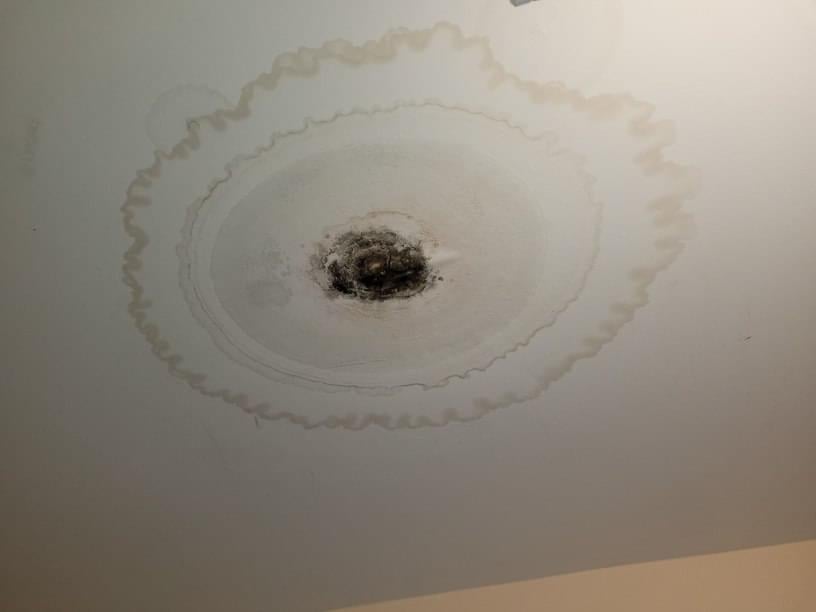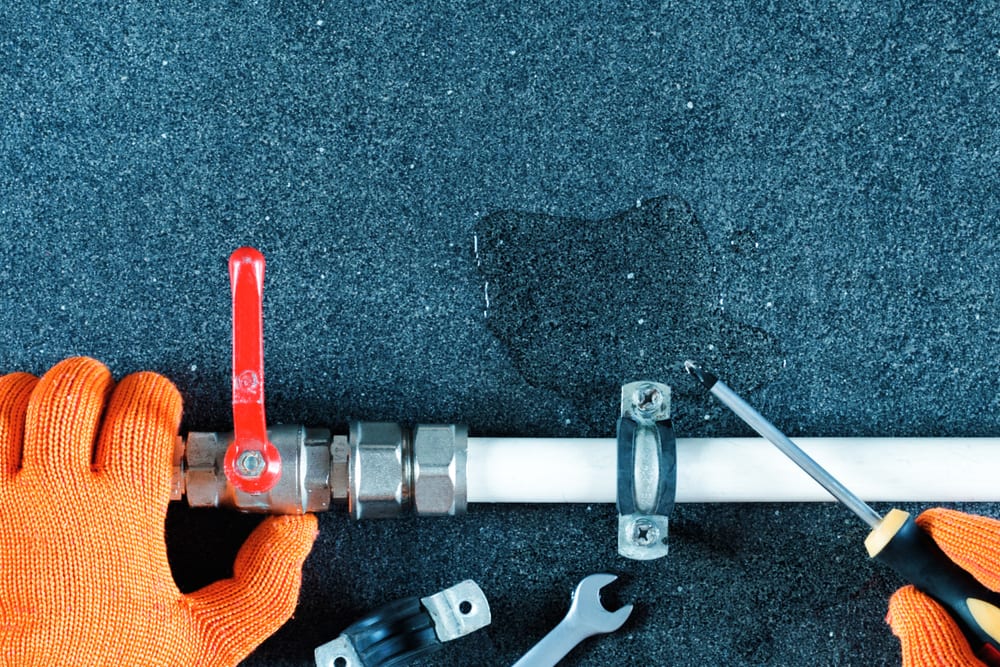How to Examine If Your Residence Has a Surprise Leakage
How to Examine If Your Residence Has a Surprise Leakage
Blog Article
Each person seems to have their own unique conception when it comes to Finding hidden leaks.

The minute you locate a leakage, calling your plumber for fixings is the most effective option. Some small water leakages may not be noticeable. If you can not discover it with your nude eyes, below are some hacks that help.
Early discovery of dripping water lines can reduce a possible calamity. Besides saving you money, it will lessen the worry and irritation.
Check Water Intake
Assess your water bills as well as track your water intake. As the one paying it, you need to discover if there are any kind of disparities. If you identify sudden changes, in spite of your usage coinciding, it implies that you have leakages in your plumbing system. Bear in mind, your water expense need to fall under the exact same variety monthly. An unexpected spike in your expense suggests a fast-moving leak.
A consistent boost every month, even with the same habits, reveals you have a slow-moving leak that's also gradually intensifying. Call a plumber to completely check your building, particularly if you feel a warm area on your flooring with piping beneath.
Examine and Evaluate the Scenario
Home owners need to make it a behavior to check under the sink counters and also also inside closets for any bad odor or mold and mildew growth. These two warnings suggest a leak so punctual interest is called for. Doing regular evaluations, even bi-annually, can conserve you from a major problem.
Analyze the Water Meter
Examining it is a surefire way that helps you find leakages. If it relocates, that shows a fast-moving leak. This implies you may have a sluggish leakage that can also be below ground.
Asses Exterior Lines
Don't forget to examine your exterior water lines also. Must water leak out of the connection, you have a loose rubber gasket. One little leak can waste tons of water and increase your water expense.
Do a Food Coloring Test
When it comes to water usage, 30% comes from toilets. If the shade somehow infiltrates your dish during that time without flushing, there's a leakage between the tank and also bowl.
Extra significantly, if you know your house is already old, maintain a watchful eye on your heating systems, pipes, pipes etc. Check for stainings and deteriorating as many devices and pipelines have a life expectancy. They will additionally naturally degrade due to tear and use. Don't wait for it to rise if you presume leaking water lines in your plumbing system. Call an expert plumber as soon as possible so you don't wind up with a horrible mess in your home.
The minute you find a leak, calling your plumber for repair services is the ideal solution. Some tiny water leaks may not be noticeable. Examining it is a proven means that helps you find leakages. One small leakage can throw away bunches of water and surge your water costs.
If you think dripping water lines in your plumbing system, do not wait for it to escalate.
WARNING SIGNS OF WATER LEAKAGE BEHIND THE WALL
PERSISTENT MUSTY ODORS
As water slowly drips from a leaky pipe inside the wall, flooring and sheetrock stay damp and develop an odor similar to wet cardboard. It generates a musty smell that can help you find hidden leaks.
MOLD IN UNUSUAL AREAS
Mold usually grows in wet areas like kitchens, baths and laundry rooms. If you spot the stuff on walls or baseboards in other rooms of the house, it’s a good indicator of undetected water leaks.
STAINS THAT GROW
When mold thrives around a leaky pipe, it sometimes takes hold on the inside surface of the affected wall. A growing stain on otherwise clean sheetrock is often your sign of a hidden plumbing problem.
PEELING OR BUBBLING WALLPAPER / PAINT
This clue is easy to miss in rooms that don’t get much use. When you see wallpaper separating along seams or paint bubbling or flaking off the wall, blame sheetrock that stays wet because of an undetected leak.
BUCKLED CEILINGS AND STAINED FLOORS
If ceilings or floors in bathrooms, kitchens or laundry areas develop structural problems, don’t rule out constant damp inside the walls. Wet sheetrock can affect adjacent framing, flooring and ceilings.
https://www.servicemasterbyzaba.com/blog/how-to-detect-water-leakage-in-walls/

As a passionate person who reads on Hacks to detect leaks, I think sharing that segment was smart. Are you aware of somebody who is looking into the subject? Please feel free to share it. Thanks so much for taking the time to read it.
Report this page